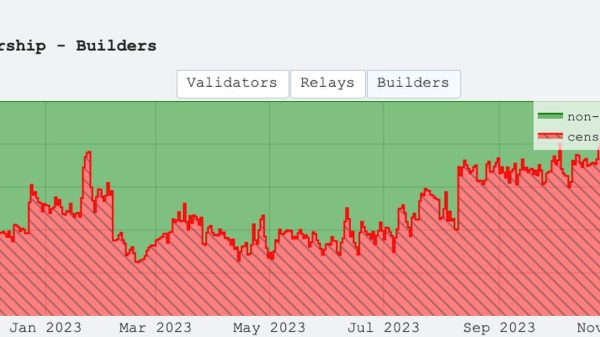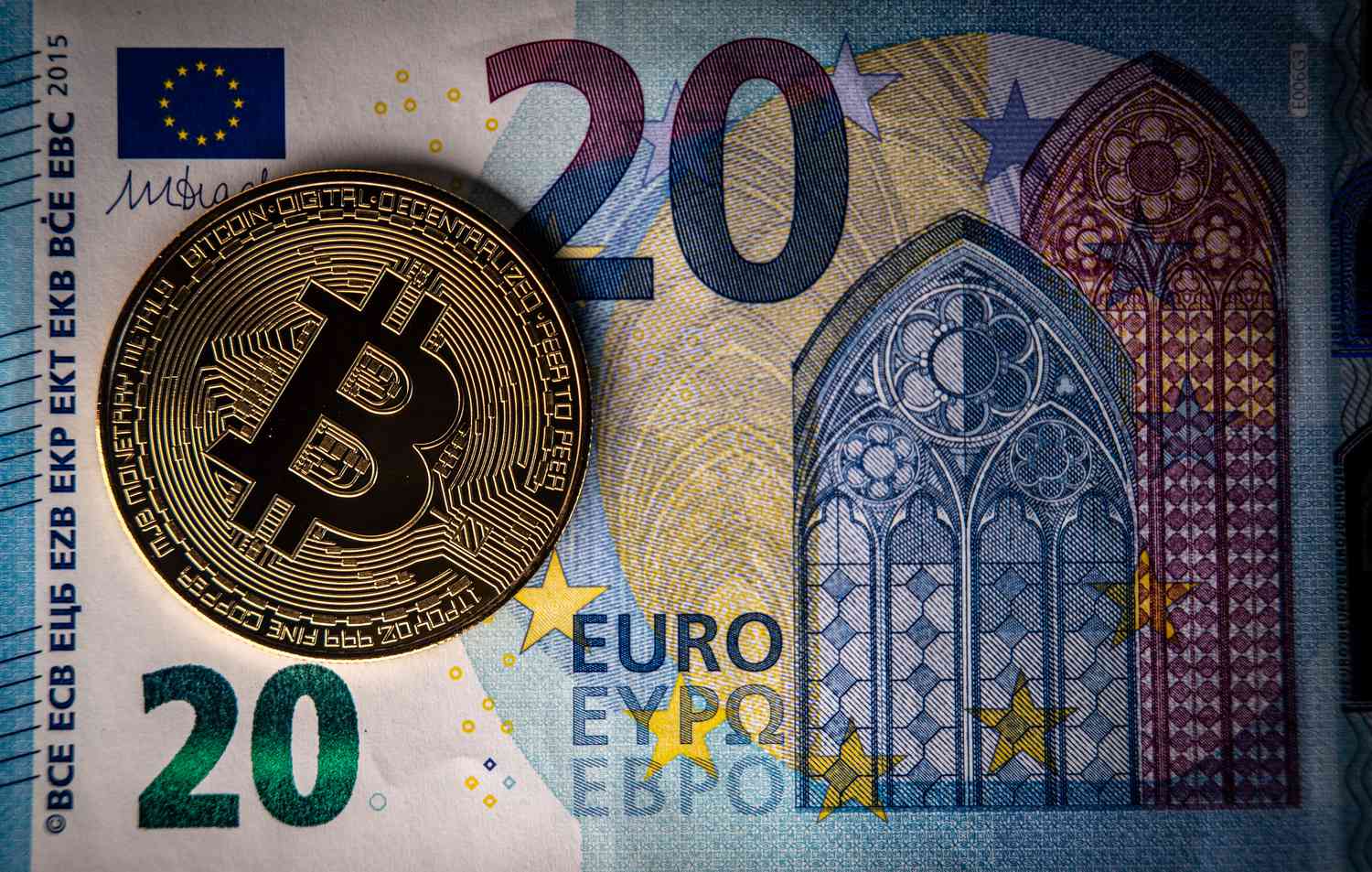A digital euro, a proposed central bank digital currency (CBDC), is being considered by members of the European Central Bank and the European Commission.
Key Takeaways
- European lawmakers and regulators have proposed a digital euro.
- A digital euro would be a central bank digital currency (CBDC) used alongside paper money.
- The move follows the passing of the landmark Markets in Crypto Assets regulations last year.
Advantages of a Digital Euro
Proponents of the digital euro highlight the following benefits:
Easy Transactions While Protecting Privacy
- Addressing the decline in physical cash usage in a digital world.
- Ensuring the euro keeps pace with digital advancements.
Operational Details
The proposal suggests the following operational aspects of the digital euro:
- The CBDC would coexist with cash to ensure cash acceptance in the euro area.
- Transaction costs would be eliminated for users.
- Users could make payments online and offline using a digital wallet.
- Data privacy would be a priority, offering higher privacy levels than other digital payment methods.
Implications for Users and Businesses
A digital euro could have significant implications for the digital payments sector:
Impact on Transaction Costs
- Current digital payments often incur high transaction fees, particularly affecting small businesses.
- A digital euro without transaction costs could alleviate this financial burden on users.
Competition in the Payment Industry
Other payment providers like Apple, PayPal, and crypto exchanges may face competition due to the reduced cost of payments with a digital euro.
Conclusion
In a speech in November 2022, ECB President Christine Lagarde expressed support for a digital euro, emphasizing the need for stability in means of payment compared to volatile unbacked variants like Bitcoin or Ether.


































